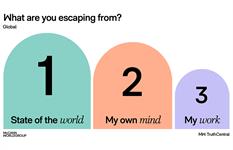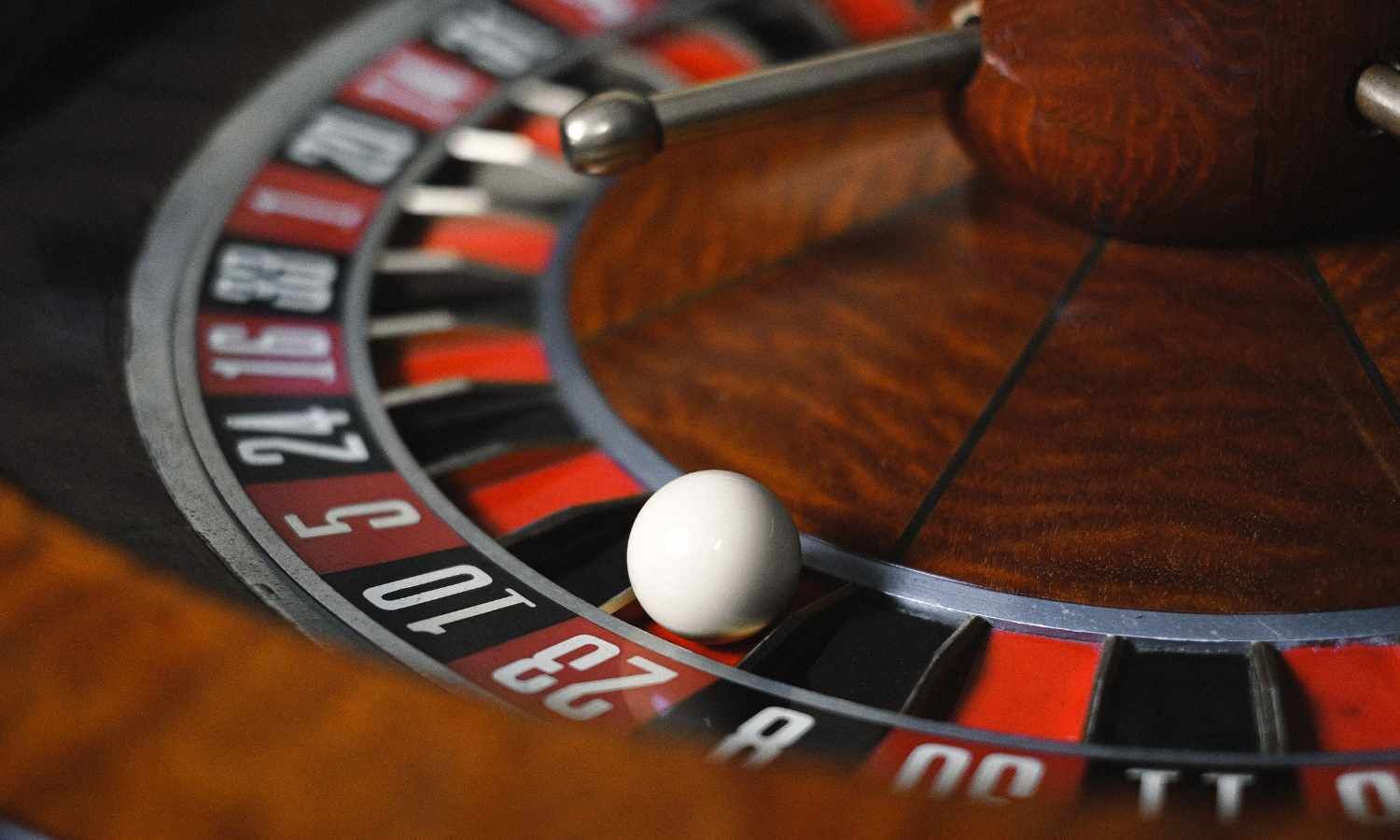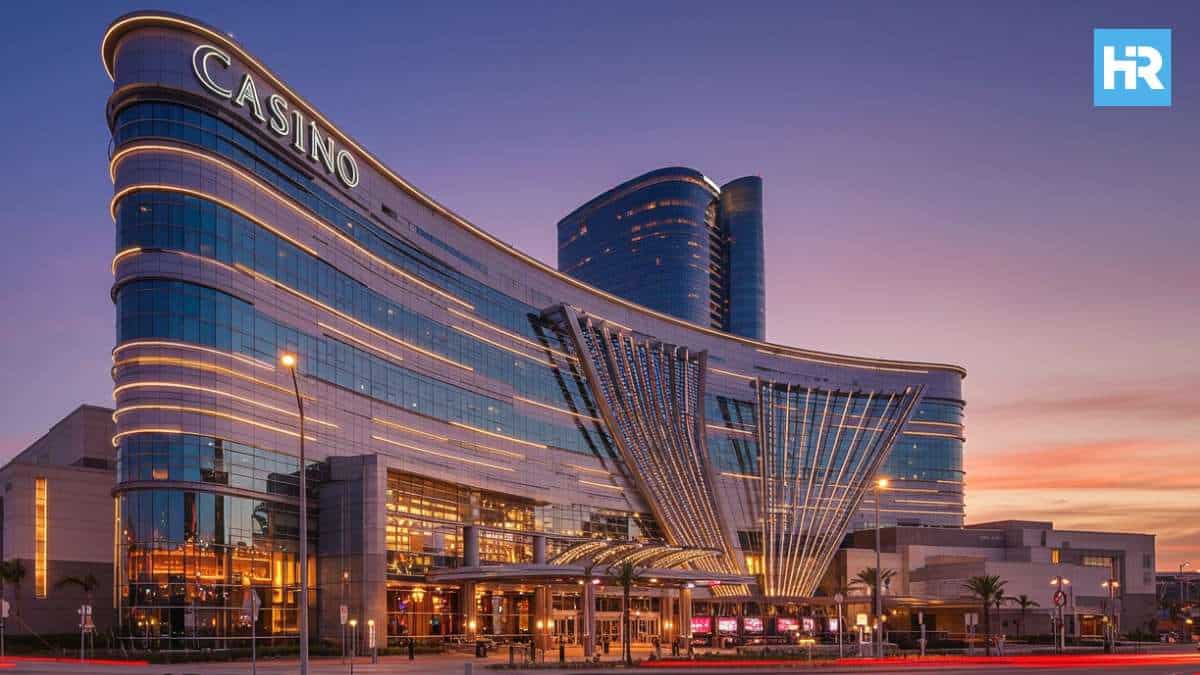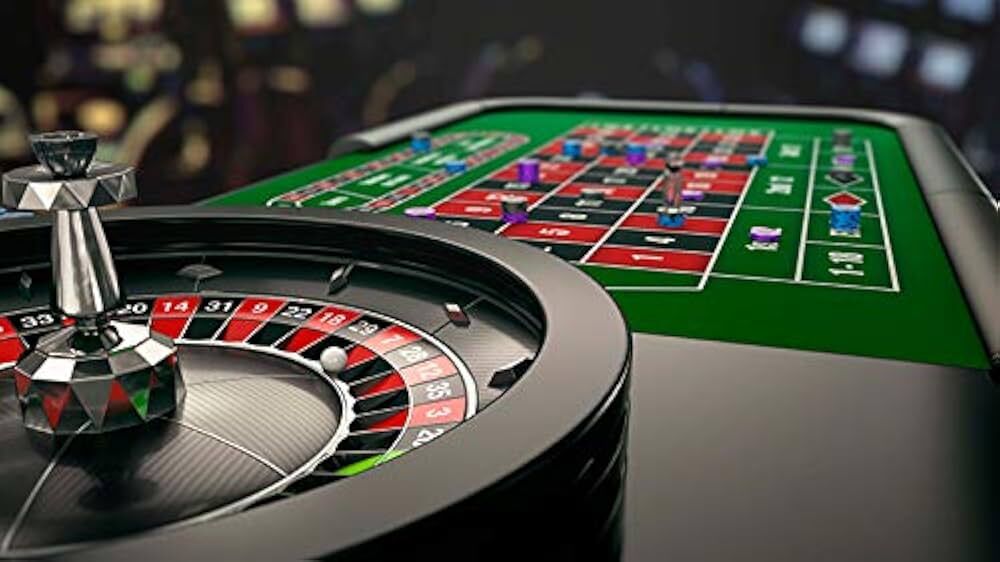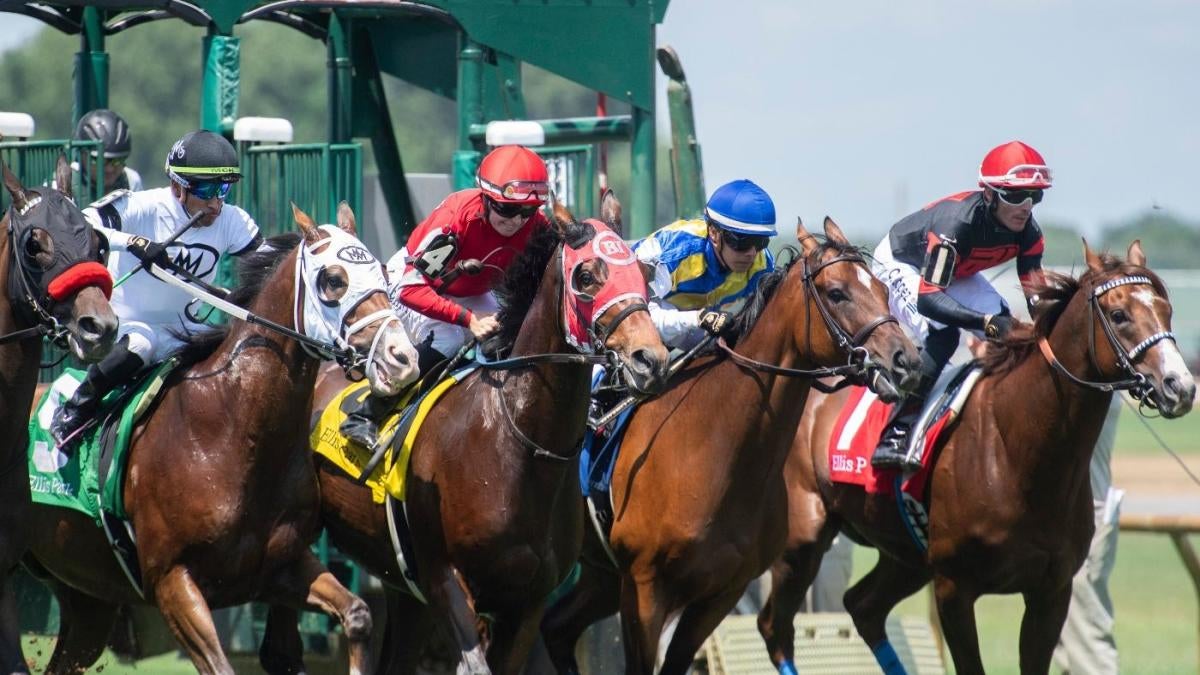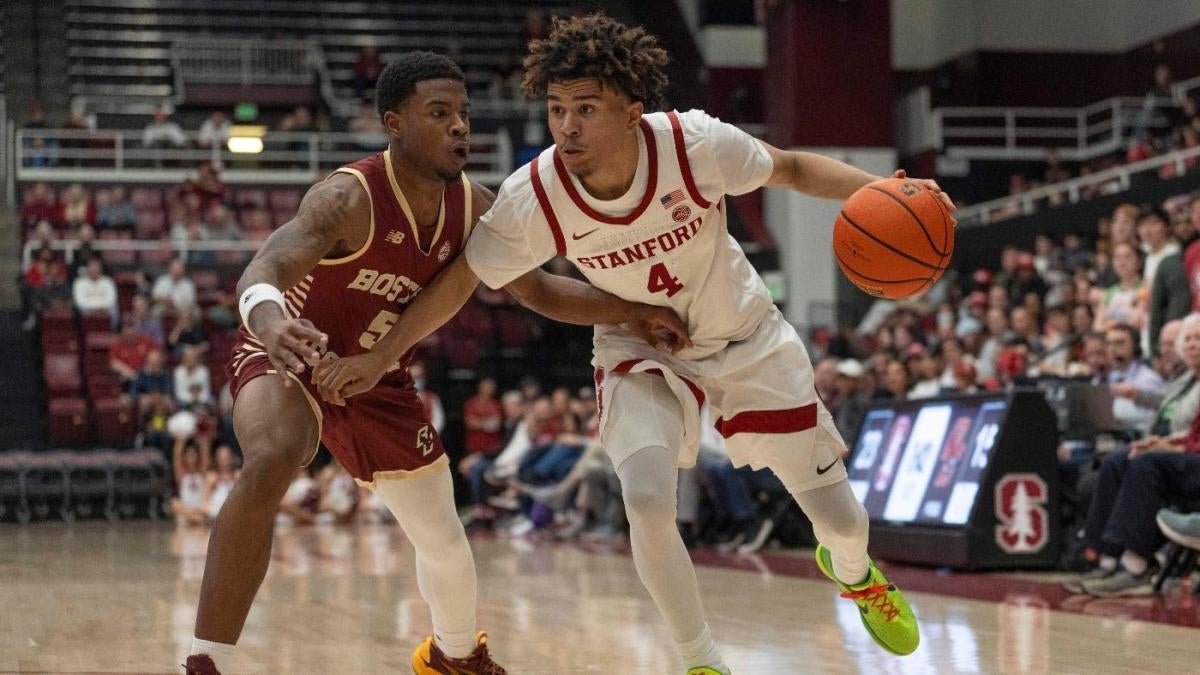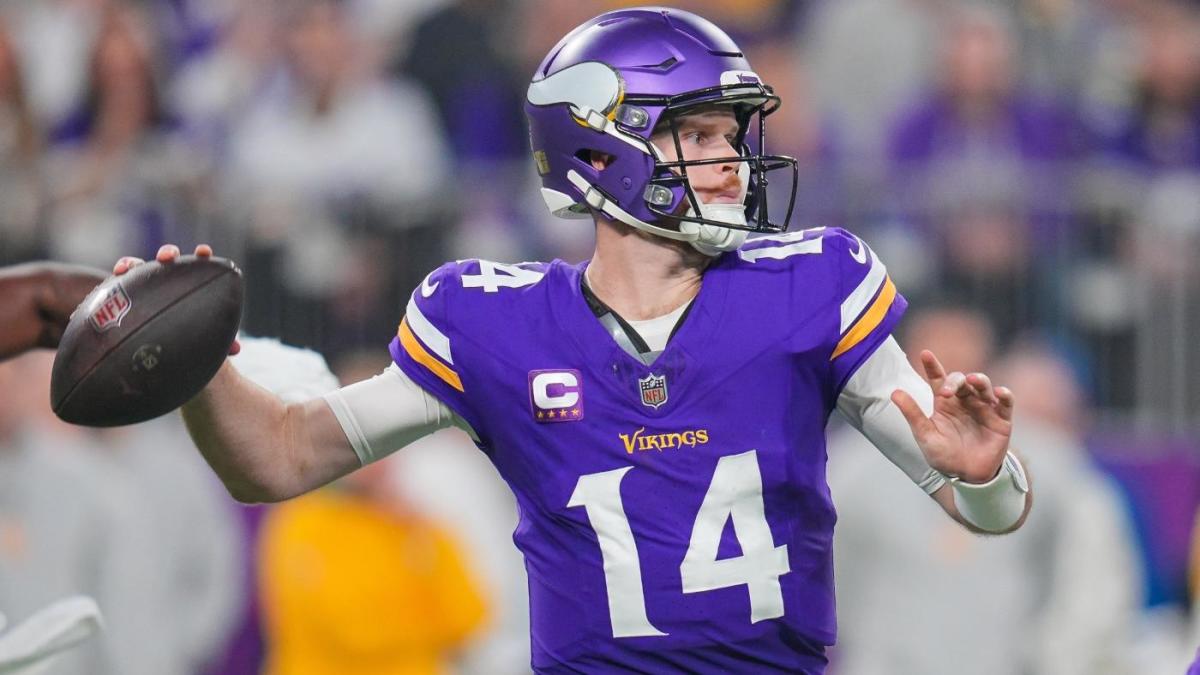McCann Worldgroup Truth Central introduced “The Truth About Escapism” at this year’s CES, a report that categorizes and explores the nearly $10 trillion and growing “Escape Economy.”
Essentially, the “Escape Economy” is the result of consumers buying certain products from specific markets that are used in a form of “escapism” to cope with the stress of everyday life. The global intelligence unit of McCann Worldgroup said in its report that “the Escape Economy is predicted to grow to $13.9 trillion by 2028.”
The report, which was a global study that included a survey sent out to 16,000 respondents, found that 60% of them “find themselves craving distraction more today than in the past.” What people define as their distraction for “escape mode” can vary: exercising, music, shopping, scrolling through social media, socializing with friends and other activities.
McCann Worldgroup Truth Central research director Jess Francis told Campaign she was more interested “in the why” one chooses an activity for the purpose of escaping, or “the reason why they’re doing what they’re doing is a need to escape.”
As listed in a statement released by McCann, the largest categories in the “Escape Economy” are travel and tourism ($3.2 trillion), alcohol ($1.8 trillion), luxury goods ($460 billion), casinos and gambling ($372 billion), health and wellness ($220 billion), gaming ($106 billion), beauty ($66 billion) and theme parks ($50 billion).
“Every brand will have to be in the business of escape, even if they don’t know it yet,” said Laura Simpson, president of McCann Worldgroup Truth Social, in a statement. “Brands that get this balance right and tap into this massive market will drive deeper emotional connections with their audiences, foster brand loyalty and unlock new possibilities in an evolving consumer landscape.”
The report is divided into four areas of research that dive deeper into the different aspects of escapism. One section elaborates on the term “Escape Mode,” which can be an opportunity for all brands. Some respondents said that their escape could be going to a friend’s house for dinner or listening to music on the way to work.
Simpson, who also serves as McCann Worldgroup’s chief intelligence officer, told Campaign that the word “escape” has become much more expansive, comparing the nature of the changing definition to that of the word “wellness.”
“There used to be a lot of things that we didn’t associate with wellness, but now ‘wellness’ is multi-dimensional,” she said, referencing other uses of the word such as financial wellness. “It’s responding to a growing consumer need. I think ‘escape’ is similar.”
Another area in the report lists out other activities individuals would participate in order to escape, such as the use of psychedelics and participation in cosplay.
“It was important for us to think about what is the role of escape,” Simpson said. She added that “relief-driven escapes” can be helpful so that one can go back to life feeling prepared for what’s next.
The report encourages brands to help people step outside their routines and gain fresh viewpoints, adding that “escape mode” is an opportunity to connect with consumers.
“Escapes are in all shapes and sizes,” Francis said.

